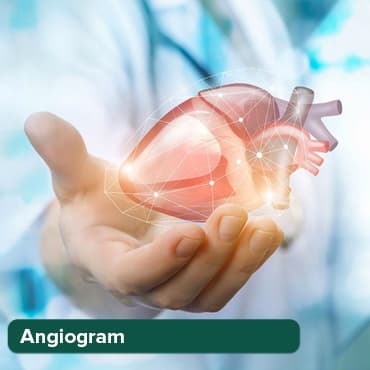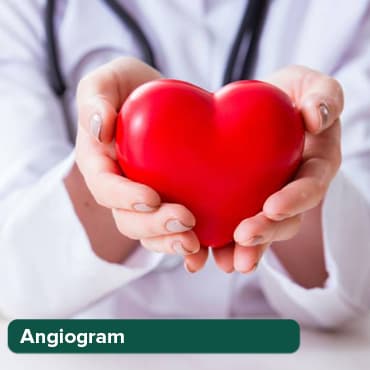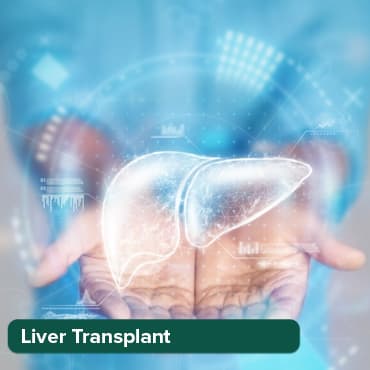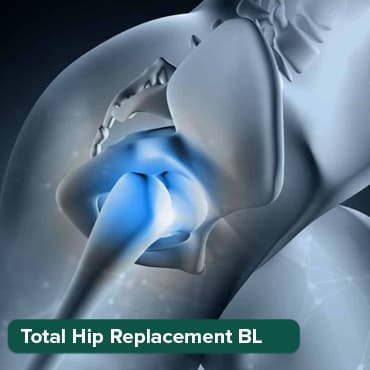
Nine “Not-to-be-missed” Problems After Liver Transplant
09 Jun, 2022
 Healthtrip Team
Healthtrip TeamOverview
Any operation carries the risk of potential issues or complications. Many of them are minor and easily manageable. However, some issues are rarely life-threatening. It is critical to treat these as soon as possible. In this blog, we’ve discussed nine “not to be missed” problems that you might face after a successful liver transplant. Knowing it all will help you to stay aware of your health and seek medical help when there is time. Keep reading to learn more.
- Infection- after getting a successful liver transplant, you have to stay on lifelong immunosuppressants (medications that stop your immune system from fighting back against an infection). This makes you more prone to developing serious infections, especially within the first 3 months after the transplant.
After around three months, your anti-rejection medication dose is reduced. However, you are still at a more significant risk of infection than usual.
Transform Your Beauty, Boost Your Confidence
Find the right cosmetic procedure for your needs.

We specialize in a wide range of cosmetic procedures

It is critical to avoid anyone who has an infection, including a cold. Some fermented foods can be avoided to lower the risk of illness( like listeria or salmonella)
Extended screening for specific infections like West Nile Virus, Endemic mycosis, and Chagas disease are recommended.
- Acute rejection- another problem that you can have is that your body rejects the newly transplanted liver. This can be of two types- Acute rejection and Chronic rejection.
Acute rejection typically occurs within the first 7 to 14 days of a transplant. However, it may occur several months later. High-dose steroids are used in treatment.
- Chronic rejection- Chronic rejection is extremely uncommon. However, it can occur roughly a year following a transplant. The deterioration of liver tissue and the bile ducts causes it.
Doctors believe that persons with acute liver rejection who do not react adequately to treatment are more likely to develop chronic rejection. Medicines can be used to treat chronic rejection. However, in certain cases, a second liver transplant is required.
- Blockage of blood supply- another risk of this procedure will cause a clot, cutting off the blood flow to the new liver. It will impair the liver's function. In this situation, you will need to have an additional operation to remove the obstruction or take blood-thinning drugs as indicated.
- Trouble at sleeping- Many people who have had a liver transplant struggle to sleep at first. This could be due to the stress of your position. Inform your doctor if you continue to experience pain or difficulty sleeping.
- Kidney problems-One of the most difficult problems with your kidneys is that they may cease operating properly. Although you will recover from this problem in time, there is a good probability that you will need dialysis for a few weeks.
- Bleeding- One of the most common complications following a liver transplant is bleeding, which may last for up to 48 hours. The fundamental cause of the bleeding is that clotting is a process controlled by your liver, and it may take some time for it to function properly. During the transit from the donor to the hospital for transplantation, the liver is preserved at extremely low temperatures. As a result, it takes some time after surgery for it to warm up and function correctly.
- Bile leakage-Bile juice is a fluid generated by the liver during digestion to aid in the breakdown of meals. It is stored in the gallbladder and is transported through small tubes known as bile ducts. The doctor removes your gallbladder during the liver transplant process. Bile spilling from between the bile ducts is one of the complications of a liver transplant. You have to undergo an ERCP(Endoscopic Retrograde Cholangio-Pancreatography) for further diagnosis of such problems.
- Anxiety and depression- For a while, you may feel anxious or depressed. It's fairly prevalent in transplant recipients, especially right after the procedure and for several months after the transplant.
Speak with your doctor or nurses and ask for assistance. You may be able to obtain counselling to assist you and your family during this time.
How can we help in the treatment?
If you are in search of a liver transplant in India, we will serve as your guide throughout your treatment and will be physically present with you even before your treatment begins. The following will be provided to you:
Most popular procedures in India
Atrial septal defect
Upto 80% off
90% Rated
Satisfactory

Coronary Angiogram a
Upto 80% off
90% Rated
Satisfactory

Coronary Angiogram C
Upto 80% off
90% Rated
Satisfactory

Liver Transplant
Upto 80% off
90% Rated
Satisfactory

Total Hip Replacemen
Upto 80% off
90% Rated
Satisfactory

- Opinions of expert physicians and surgeons
- Transparent communication
- Coordinated care
- Prior appointment with specialists
- Assistance in hospital formalities
- 24*7 availability
- Arrangement for travel
- Assistance for accommodation and healthy recovery
- Assistance in emergencies
We are dedicated to offering the highest quality health care to our patients. We have a team of highly qualified and devoted health professionals that will be by your side from the beginning of your journey.





